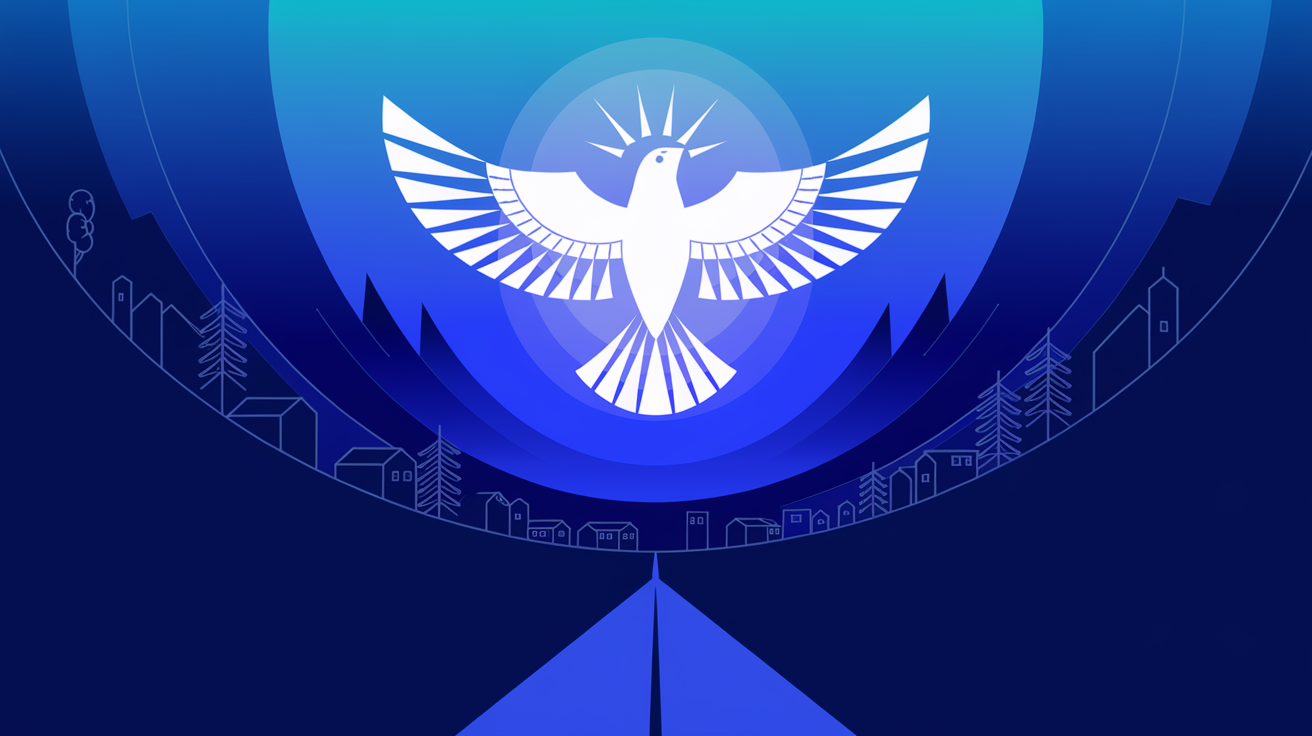A few weeks ago, I was surprised when a client said she wasn’t sure if she wanted friends. This shocked me because she wanted to find a romantic partner. She believed having a partner would cure her depression and anxiety and make her happy. She didn’t want to feel alone anymore.
As I thought about this over the next few weeks, I realized it’s a huge responsibility to expect someone else to make you happy. It’s unrealistic to believe that someone else can solve all your problems. Building connections with others and being part of a community is important, but relying on one person for everything may not be possible.
Human connection is essential for our mental health. If you want to build friendships, start by acknowledging that you wish to them. Consider what friendship means to you and whether past experiences influence your views on friendship’s benefits.
Being a good friend requires specific skills, like respecting differences, looking forward to spending time together, being kind, resolving conflicts fairly, apologizing when you make mistakes, staying open-minded, taking responsibility for your emotions, and sharing successes and failures without trying to change each other.
Making true friends takes time and effort. You need to plan activities together and coordinate schedules. But most people with genuine friendships will tell you it’s worth it.
Finding friends as an adult can be more complicated than in school because we have less social contact throughout the day. However, there are many places where you can meet potential friends, like at work or through hobbies or online platforms designed for making friends.
When you meet someone you’re interested in being friends with, consider your thoughts about the encounter. Sometimes we create myths about what others think of us, even though they might not be accurate.
Also, think about how you show interest in others and how kind and caring you are towards them. Do you make an effort to make plans and make it easy for them to spend time with you? Are you open about yourself and willing to share?
Finally, consider any feedback you’ve received about your behaviour and what you can do to improve. Small changes like being more enthusiastic or positive can make a big difference.
True friendships can start anywhere, at any age, with anyone. We often miss opportunities to connect with others because of our judgments. Learning to build intimacy within friendships and trying new approaches can lead to more successful connections. Take some time to reflect on yourself and how you can grow and strengthen your friendships.







